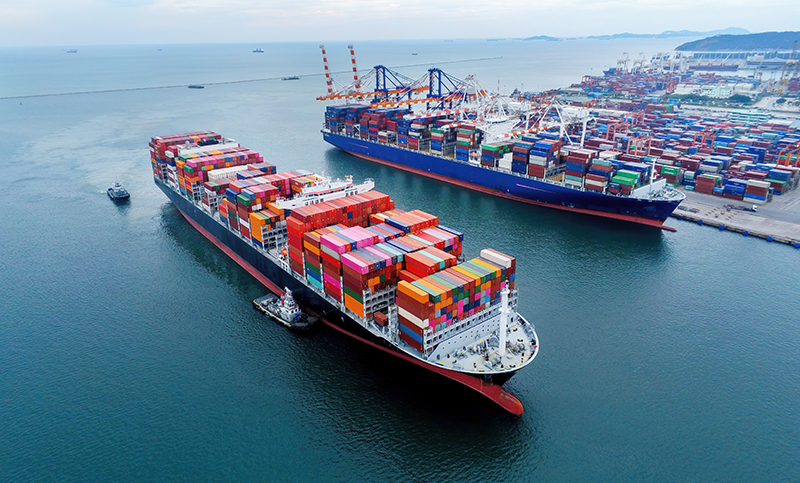Strikes & Stalls: West Coast Port Disruptions Continue Amid Labor Negotiations
 June 13, 2023 | The Toy Association continues to closely monitor the situation of the West Coast ports in the U.S and Canada where stagnant contract agreements between dockworkers and their employers are resulting in workers threatening to strike, terminal operation disruptions, and port shut downs. The situation is fluid and changing day-by-day, however the latest updates are listed below.
June 13, 2023 | The Toy Association continues to closely monitor the situation of the West Coast ports in the U.S and Canada where stagnant contract agreements between dockworkers and their employers are resulting in workers threatening to strike, terminal operation disruptions, and port shut downs. The situation is fluid and changing day-by-day, however the latest updates are listed below.
U.S. Ports
The Pacific Maritime Association (PMA) and International Longshore & Warehouse Union (ILWU) have entered their 13th month of labor agreement negotiations, with pay and benefits becoming the latest unresolved issues. Meanwhile, both sides are issuing contradictory statements about the status of West Coast terminal operations, including the ports of Los Angeles, Long Beach, and Seattle.
“Despite what you are hearing from PMA, West Coast ports are open as we continue to work under our expired collective bargaining agreement,” ILWU International President Willie Adams said in a statement on June 10.
However, the PMA released an update yesterday stating that vessels at the Ports of Los Angeles and Long Beach missed their scheduled departures despite being ready to leave on time. The organization also said that operations came to a halt at the Port of Seattle due to disruptive work actions by the ILWU.
“The union’s actions have included delaying the daily standard dispatch process; withholding specialized workers, such as cargo-handling equipment operators or lashers; making unfounded health and safety claims; deliberately conducting inspections that are not routine, not scheduled, and done in a way that disrupt terminal operations; and improperly coordinating lunch and unit breaks to drain all labor from terminals at the same time,” the statement says.
The U.S. Chamber of Commerce is urging the Biden administration to intervene in negotiations by appointing a third-party mediator to help the two parties reach a final agreement.
“A serious work stoppage at the ports of Los Angeles and Long Beach would likely cost the U.S. economy nearly half a billion dollars a day — and a more widespread strike along the West Coast could cost approximately $1 billion per day,” said Suzanne Clark, president and CEO of the U.S. Chamber of Commerce, in a letter to President Biden.
Canadian Ports
Labor negotiations between the ILWU’s Canadian counterpart and the British Columbia Maritime Employers Association (BCMEA) are strikingly similar to the situation in the U.S. The five-year agreement between ILWU Canada and BCMEA expired in March and both sides have not yet come to an agreement.
In a vote held June 9 and 10, ILWU Canada voted 99.24% of favor in striking against the BCMEA if an agreement is not reached.
“The BCMEA remains committed to bargaining in good faith and seeking a fair and balanced deal that recognizes the expertise of the waterfront workforce, while ensuring West Coast ports remain competitive, resilient, and affordable for all Canadians,” the organization said in a statement yesterday.
Both sides are continuing to meet with the government’s Federal Mediation and Conciliation Service (FMCS) to come up with a new collective bargaining agreement for the ports of Vancouver and Prince Rupert. The groups resumed negotiations today.
If a strike were to take place, the BCMEA and ILWU Canada have mutually agreed that no 72-hour strike or lockout notice will be filed before June 21, 2023.
The Toy Association continues to monitor the situation closely and will remain engaged to keep members updated as negotiations continue.